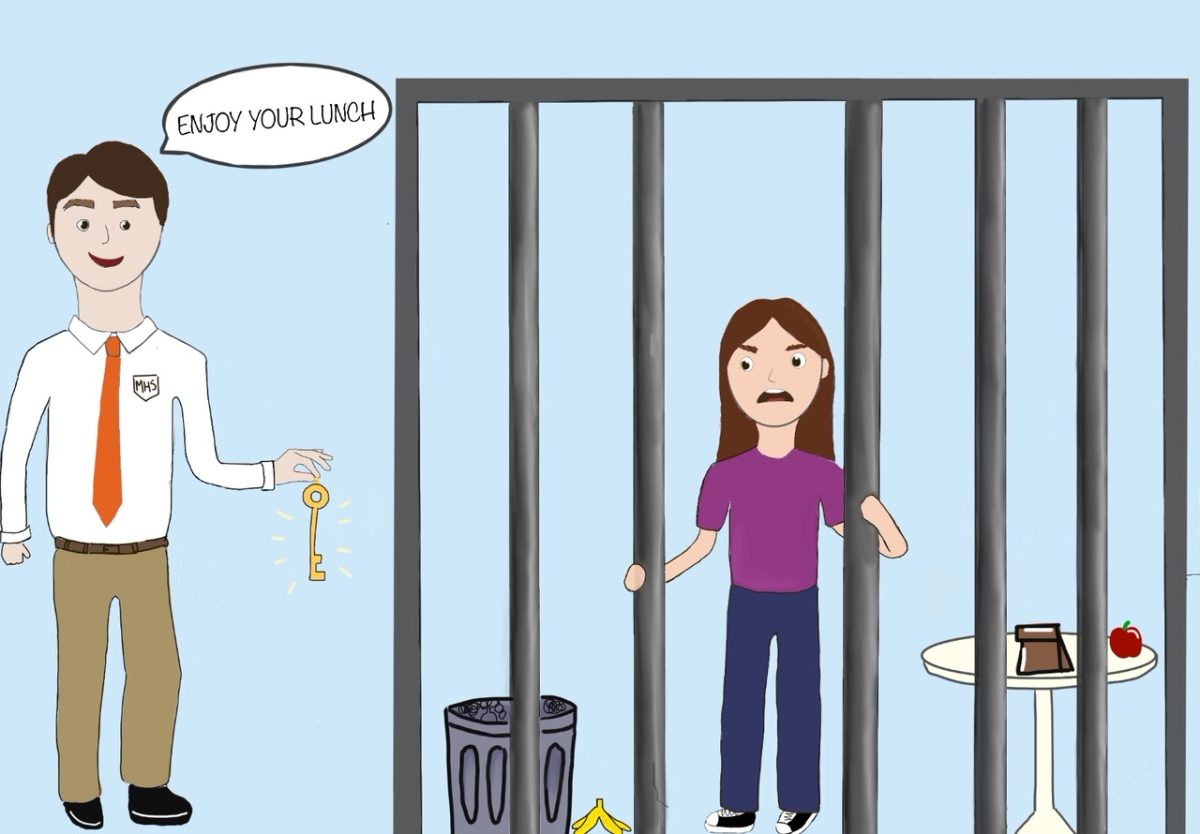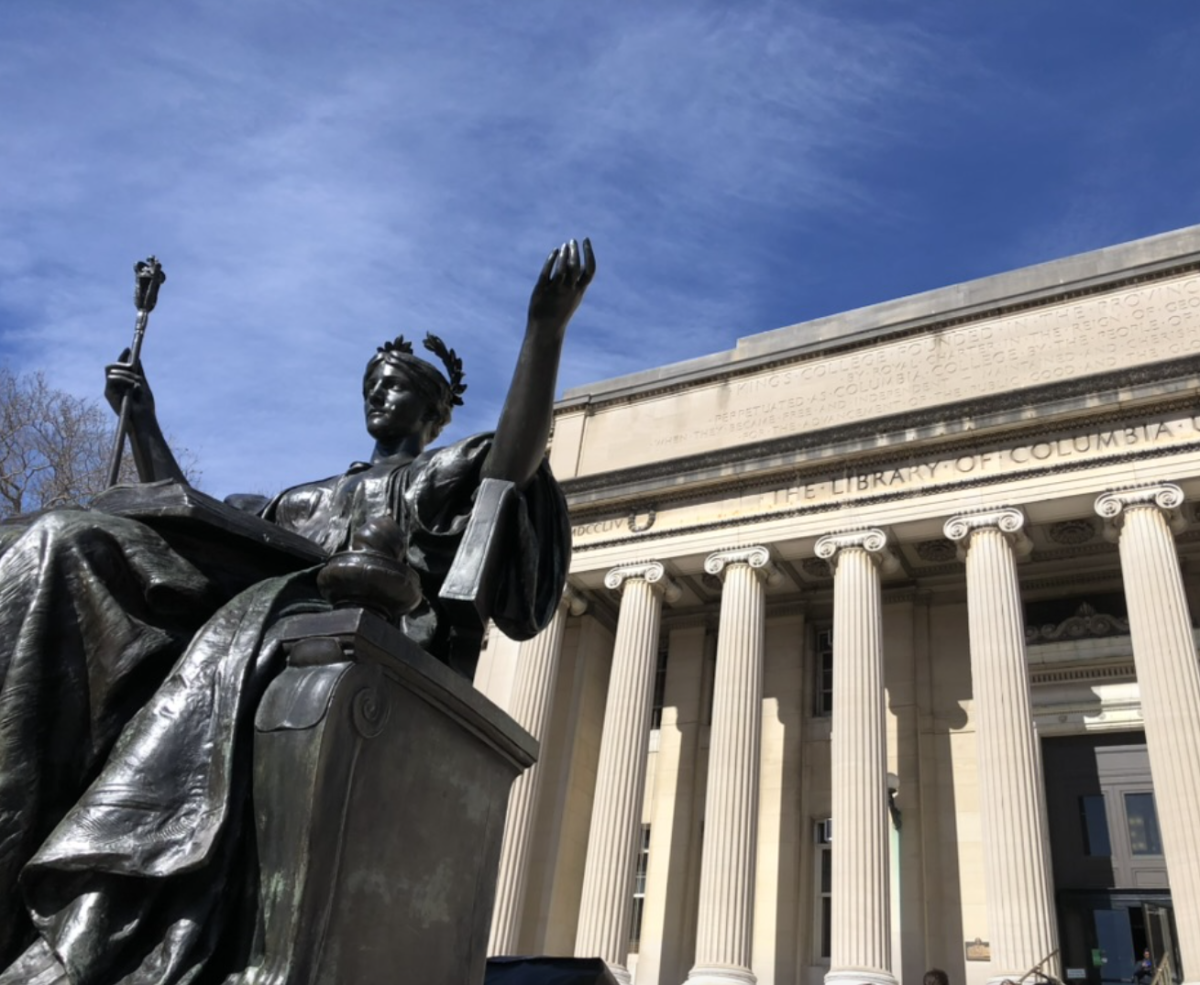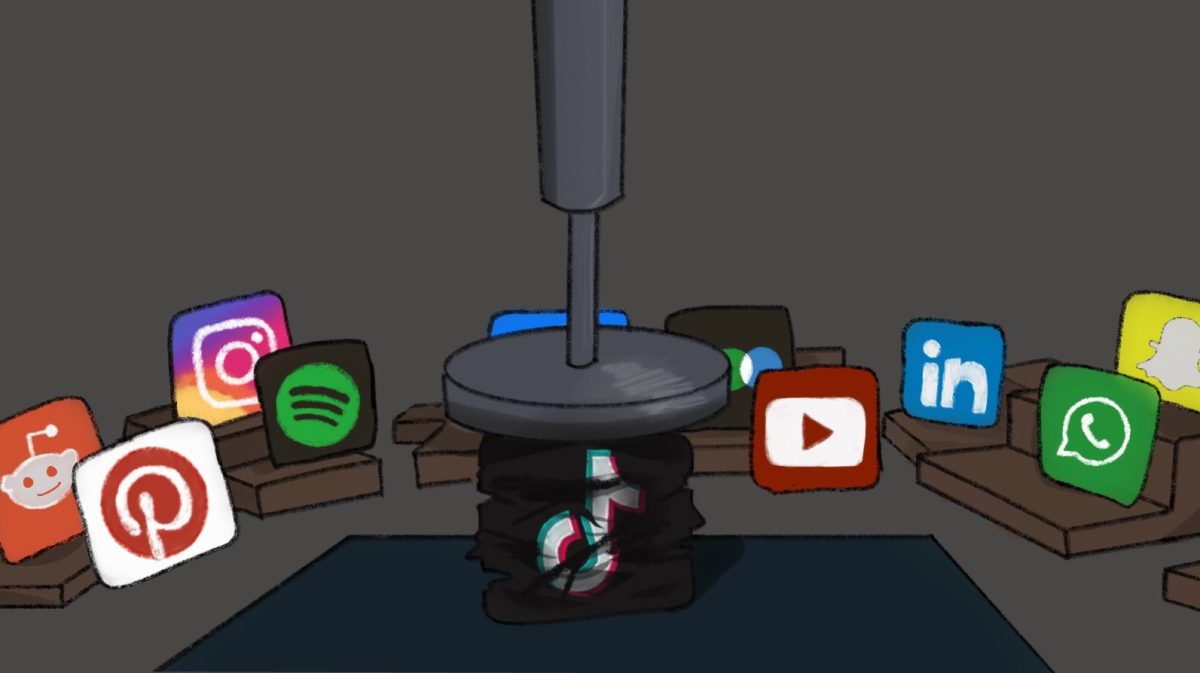In 2022, a dinging lunch bell meant a break from the rigidity of classes, with McLean students freely milling about to talk with friends or find a comfortable eating spot. Conversation and laughter filled the hallway, just as much as food, trash and litter did. Then, in 2023, students were stopped in their tracks, trays in hand, by staff members stationed around the blue hallway. In 2024, this school year, students must stay in the cafeteria or designated courtyard.
These lunchtime restrictions were introduced after teachers and custodians complained about disruptive students talking outside classrooms and leaving their trash in the hallways. McLean hoped to combat these problems by limiting students to a few select areas.
However, the current protocol is too strict and inefficient. For one, students are stopped and questioned no matter what their intention is, even if they simply want to access a bathroom or take a walk. This dampens the nature of what a lunch break should be: students should get the chance to move around after sitting at desks for hours and refresh their focus for the next period. Instead, they are required to stay in a cacophonous cafeteria or crowded courtyard.
“As an upperclassman who has already been accepted and enrolled into [college], these restrictions are just honestly very degrading,” senior Brooke Howard said. “I am capable of being responsible and mature enough to choose where I eat.”
It is irrational that those entrusted with the responsibility to drive and vote are not allowed to have minimal freedom, forced to confirm their whereabouts with staff even while on break from the restrictions of classes. The system does not encourage young adults to learn how to practice self-control or manage themselves.
Additionally, releasing students to class all at once only exacerbates McLean’s crowded hallway problem, with hoards of students leaving the cafeteria clashing with the students trying to enter it.
A more effective solution for McLean will allow student flexibility while encouraging safety and supervision by staff members. Having staff members stationed only at specific areas, such as the staircases to upstairs hallways, will discourage students from disrupting ongoing classes and hindering learning. This would satisfy teacher complaints while still granting students the autonomy to access necessary facilities and choose where to eat.
Staff members should also stop confronting students unless they are actively participating in problematic actions. Overall, this will fuel a healthy balance between student independence and monitoring.
“I sometimes think the administration [sees students] as a group, but we are independent people,” Howard said. “Not all of us are up to mischief.”
The school should prioritize giving students the freedom that they will acquire in the real world. However, certain responsibilities do fall on the students. In order for these systems to work, students need to be more aware of their decisions, dispose of their trash properly and avoid talking outside quiet classrooms.
“I think that overall students should be expected to clean up after themselves,” Howard said. “[Students] should be aware they are in a public space that is being shared with hundreds of others.”
McLean was previously one of the few FCPS schools to allow students to have free reign during their lunch period, a unique and enjoyable privilege. Simple changes to behavior and protocol are a small price to pay for lunchtime liberty.









